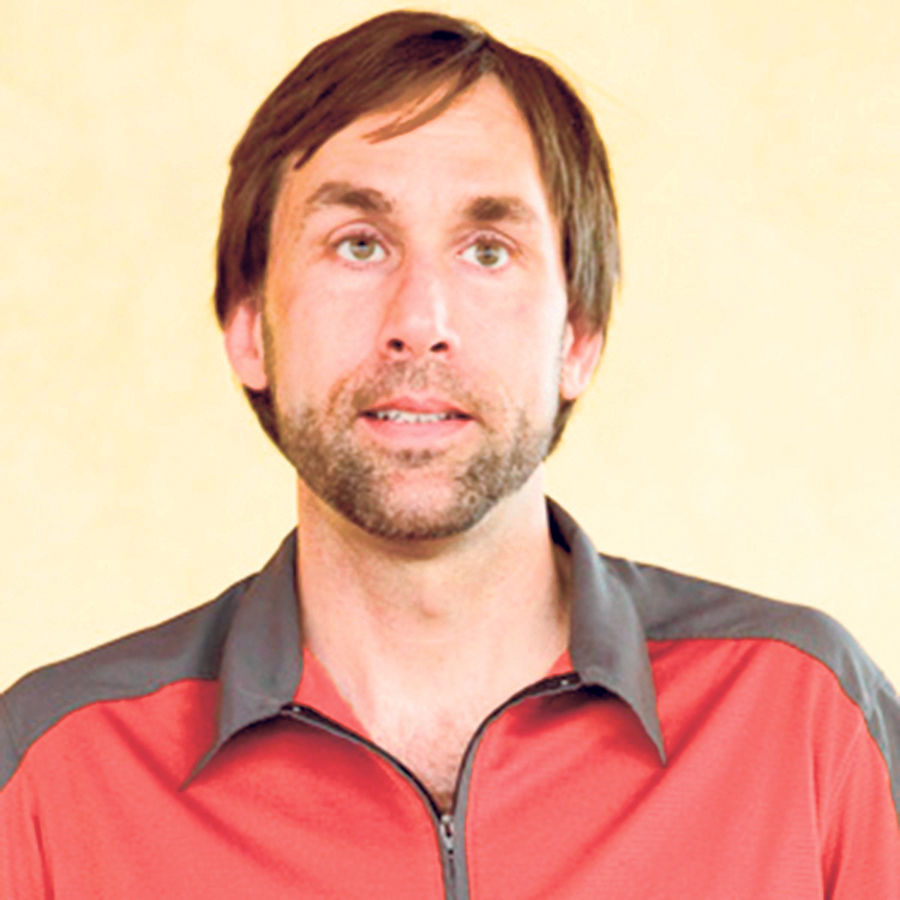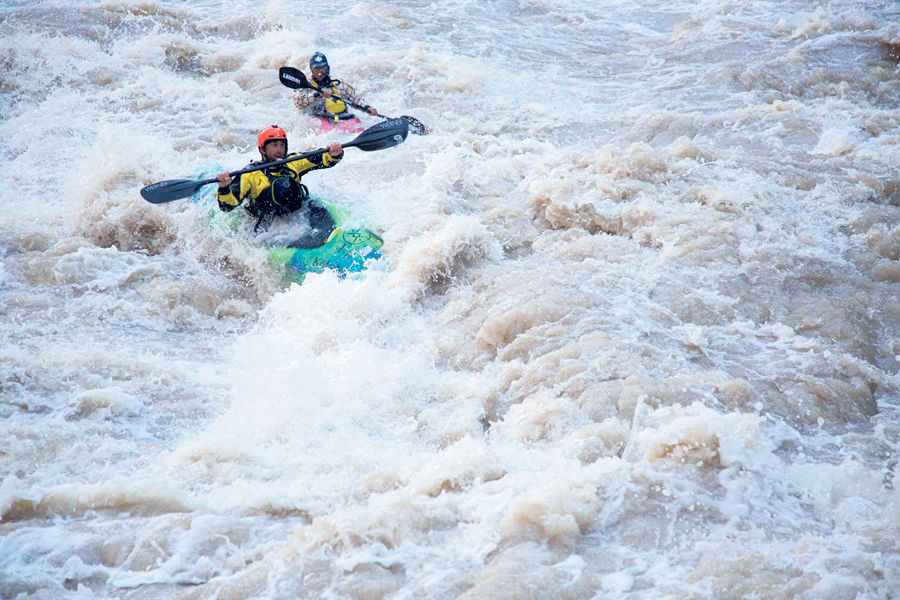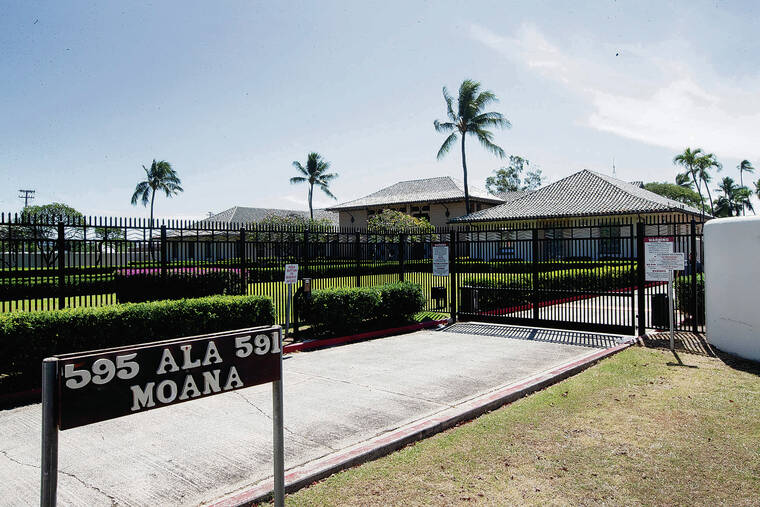Erik Weihenmayer recently kayaked 277 miles through the Grand Canyon.
He has climbed Mount Everest. He has completed Primal Quest, an adventure race of nearly 500 miles.
He has taught, coached wrestling and is a motivational speaker.
Oh. And Erik Weihenmayer is blind.
But he says his is not an inspirational story of a blind guy doing amazing things. His story, which he will tell Saturday in Hawaii, is more about the audience and what’s inside each of them.
“It’s not about kayaking, it’s not about climbing Mount Everest,” he said. “If they come away thinking it’s about me, they missed the point.”
The 46-year-old adventurer, who lost his vision at age 13, has long been pushing beyond what most might consider possible for a person without sight. He loves new challenges, even lives for them. Just ask him about mountain climbing and riding the whitewaters, and he has many amazing tales to share.
“I’m climbing all around the world these days,” he said, laughing. “I’ll run out of cartilage before I run out of mountains and rivers.”
Weihenmayer, who adds author and filmmaker to his credits, will be speaking at 1 p.m. Saturday on Oahu. It will be broadcast via live streaming video and shown at the Kauai Marriott Resort, Kauai Ballroom, doors open at 12:30. There will be a video of his adventures. Free tickets are available at nobarrierskauai.eventbrite.com.
He will deliver what he says is a universal message meant to encourage each person who hears it to realize their potential, the opportunities that awaits those willing to believe in themselves. It’s what led him to be the only blind person to reach the summit of Everest. It’s why he founded “No Barriers USA,” whose mission is “to unleash the potential of the human spirit. Through transformative experiences, tools and inspiration, we help people embark on a quest to contribute their absolute best to the world.”
He downplays his many achievements over the past decades that have taken him around the world because he wants people to look inside themselves.
There are barriers that the will hold most people back, that want to knock them flat on their back. They come in all shapes and forms and they come at them every day. It’s a matter of believing you can overcome those challenges, having strong support, and taking action. It’s the action that’s the hardest part and the most satisfying, too. The greatest risk and the greatest reward.
“How do we live this no barriers life?” he said. “It goes beyond motivational posters, if you think you can, you can. It has got to go deeper than that.”
Weihenmayer, who lives in Colorado, wants people to realize they can climb their own mountains, they can live the life they dream about. He wants them to walk away from his presentation understanding how they can achieve what it is they want in this life.
“I’ve actually tried to live this message,” he said. “I happened to be blind, but really, the heart of it is this is a no barriers life.”
But he wants to be clear, it’s not just about believing something and hoping it happens.
It’s about putting in the hours.
It’s about sacrifice. It’s about giving up things to pursue a goal. It led him to “No Barriers Grand Canyon Expedition,” along the Colorado River from Lees Ferry to Pearce Ferry.
He said it took him six years to learn how to kayak to the level where he could tackle the rapids through the Grand Canyon with another blind kayaker. There was plenty of struggle and setbacks along the way, but he refused to quit. The end result was perhaps one of the most exhilarating experiences of his life — and one of sadness when it came to an end.
“You devote your life to something for six years and then it’s over,” he said. “That’s why you have to move on to a new journey.”
The latest step in that journey will lead him to Hawaii on Saturday. He wants his audience to hear his words, take them to heart, and live well. But it’s up to them.
“I want them to know ultimately that the talk is about them and their lives,” he said.






